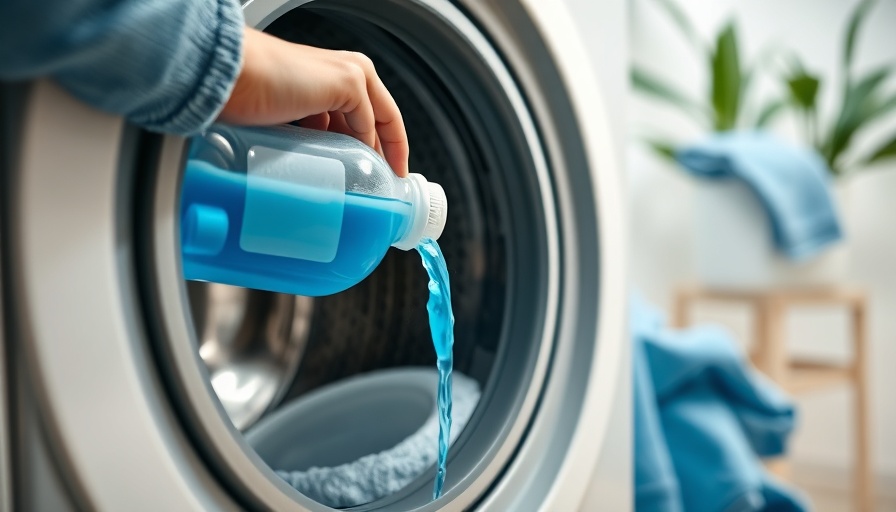
Why You Should Think Twice About Fabric Softener
Fabric softeners are a common addition to many laundry routines, promising fluffier, fresher-smelling clothes. However, these ubiquitous additives may be better off avoided for certain materials. Many people might not realize that fabric softeners can actually compromise the effectiveness of various fabrics rather than enhancing them. Here are seven items you should never wash with fabric softener, and the reasons behind it.
1. Activewear: Preserve Performance with Proper Care
Activewear has become essential for both athletes and casual exercisers. Made from synthetic materials such as polyester and spandex, these garments are designed with moisture-wicking technology that helps to pull sweat away from the body. Using fabric softener can coat these fabrics, leaving behind a residue that hinders their ability to wick moisture effectively. This could not only lead to discomfort during workouts but also reduce the lifespan of expensive activewear.
2. Swimsuits: Maintain That Fresh Fit
Swimsuits are another category that should steer clear of fabric softener. The coating that fabric softeners leave can interfere with the water-resistant and moisture-wicking properties of swim fabrics. Over time, this residue can lessen the durability and effectiveness of these features, ultimately affecting your swim experience.
3. Flame-Resistant Clothing: Important for Safety
Children's sleepwear must be flame-resistant to protect them from fire hazards. Fabric softener can disrupt these critical safety features by causing harmful chemical interactions with the materials, rendering them less effective and creating potential danger for young ones.
4. Water-Resistant Gear: Keeping You Dry and Comfortable
If you own jackets or pants designed specifically for inclement weather, fabric softener can spoil their protective capabilities. By altering the fibers, fabric softener compromises the waterproof coatings traditionally present in outdoor gear, which could leave you soaking wet when you need that protection the most.
5. Fleece or Chenille: Why Soft Isn't Always Best
Fleece and chenille fabrics are coveted for their softness and warmth, but the reality is that fabric softeners can build up on these fibers, negating their natural plushness over time. Rather than enhancing comfort, the use of softener can paradoxically ruin the very qualities that make these materials desirable.
6. Microfiber: Maintaining Cleaning Efficacy
Microfiber cloths are superstar cleaners thanks to their ability to trap dust, dirt, and spills. However, fabric softener can destroy this unique integrity. By hindering microfiber's high absorbency and dust-trapping ability, you will find that your cleaning efforts may not yield the same impressive results.
7. Towels: Staying Absorbent Next Time
Towels are designed to absorb moisture, and while fabric softeners make them feel plush, they can actually coat the fibers, decreasing absorbency in the long run. Softer towels are nice, but if they aren't drying you effectively, the trade-off isn't worth it.
Conclusion: Rethinking Laundry Additives
While fabric softeners are marketed to enhance our laundry experience, understanding what you should avoid using them on is key to maintaining the quality and functionality of specific materials. If you’re in the habit of using fabric softener on any of these fabrics, think about the long-term effects it could have on their performance and lifespan. Rethink your laundry regimen, and consider relying on dryer balls or vinegar as natural alternatives for achieving great softness without the compromise. Your fabrics will thank you!
#FabricSoftener, #LaundryTips, #Activewear, #Swimsuits, #FlameResistant, #WaterResistant, #Fleece, #Microfiber, #Towels, #LaundryCare
 Add Row
Add Row  Add
Add 




 Add Row
Add Row  Add
Add 


Write A Comment